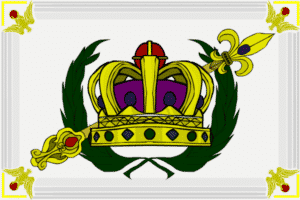Monasticism, also commonly called Monarchism, is a special form of religious community life where the people separate themselves from normal the ways of life to pursue an idea of perfection or a higher religious experience. Monasticism entails Asceticism, the practice of disciplined self-denial.
This asceticism may include fasting, silence, a prohibition against personal ownership, and an acceptance of bodily discomfort. It  usually includes poverty, celibacy, and obedience to a spiritual leader. The goal of such practices is usually a more intense relationship with God, some type of personal enlightenment, or the service of God through prayer, meditation, or good works such as teaching or nursing.
usually includes poverty, celibacy, and obedience to a spiritual leader. The goal of such practices is usually a more intense relationship with God, some type of personal enlightenment, or the service of God through prayer, meditation, or good works such as teaching or nursing.
The word monasticism originates from the Greek word “monos” meaning alone; the early Christian monastic people, or hermits, were called the “ones that lived alone” because they went into the desert alone to live a life of solitude. Both men and women practiced monasticism. The men were called monks and lived in monasteries. The women were called nuns and lived in convents.
Monasticism has an important part in many major religions including the following: Hinduism, Buddhism, Jainism, Taoism, The Sufi branch of Islam, and Christianity. Monasticism has flourished both in the Roman Catholic Church and in the Eastern Orthodox churches from earliest Christian times to present times, being reformed and renewed periodically by dynamic individuals with new ideas from current practice.
Christian monasticism started in the deserts of Egypt and Syria in the third and fourth centuries AD. Around 271, AD Saint Anthony the Great went into the desert alone to lead a holy life. Later went to live in the desert. Some were Christians fleeing persecution in the Roman Empire others were people who found the vices, or bad things in their lives, intolerable. About 346, AD Saint Pachomuis was associated with the first communities cenobites in Egypt. Saint Brasil the Great, bishop of Caesarea, placed monasticism in an urban context by introducing charitable service as a work discipline.
